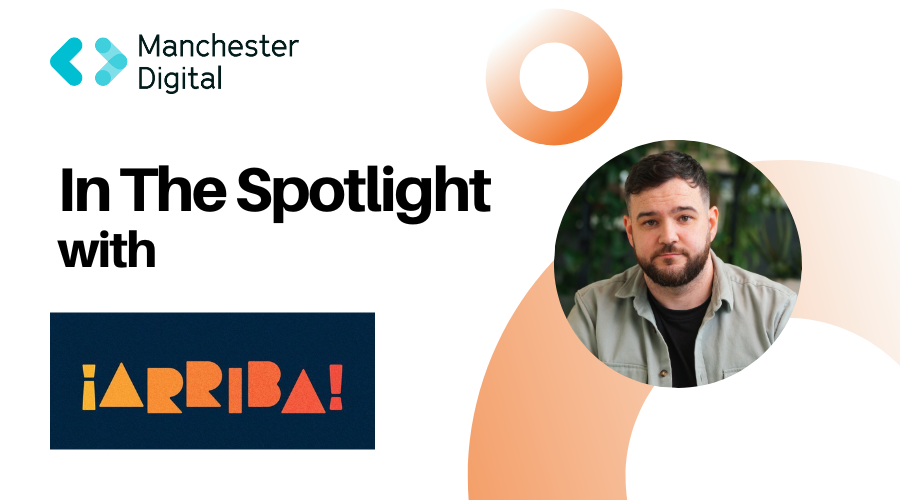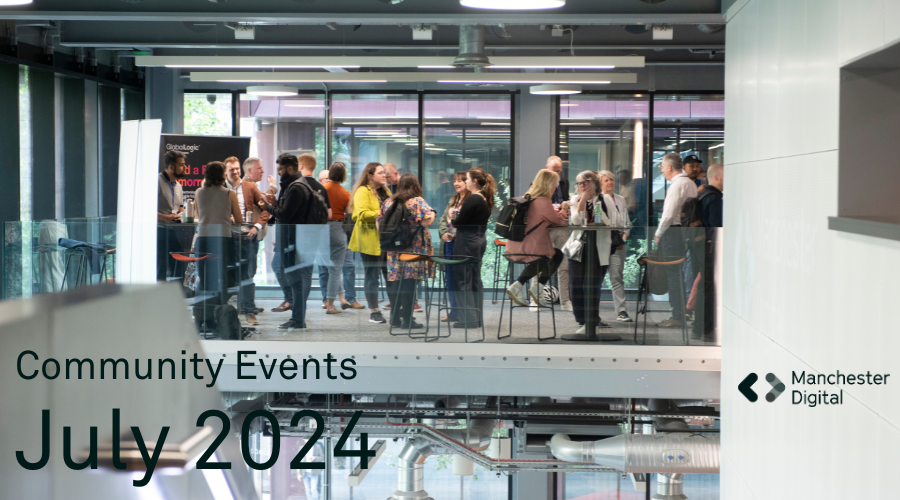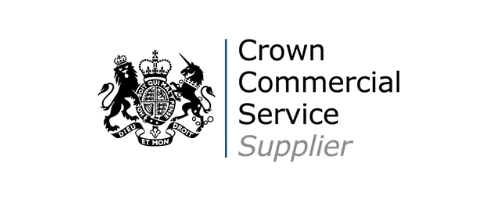
At Manchester Digital, we like to interview our members to find out a bit more about what they do and their work in the Greater Manchester digital and technology sphere. This week we're speaking with Chris Regan, Managing Director at Arriba.
You take an interesting combined UX and SEO approach that seems to be rare - what originally led you to connect those disciplines more holistically?
When launching the agency, we had a broad skill set and the potential to offer various services. However, we chose to specialise and stand out in a crowded market through our unique approach. Two key insights drove our decision to start a UX-focused SEO agency:
Adding Value for Our Customers.
Our primary aim is to deliver tangible value to our clients. Integrating user experience into our SEO services allows us to directly influence the metrics that matter most to our clients, such as increasing leads, sales, or sign-ups. This approach ensures that our SEO efforts go beyond just driving traffic; they create engaging and effective user journeys that lead to real business opportunities.
Aligning Our Vision With Search Engines
We recognise that the core objective of search engines is to provide the best possible results for their users. Every algorithm update they make pushes towards enhancing their user experience. Centring our strategy around user experience aligns our efforts with the search engines' goals. The results improve our client's websites and their ability to convert the generated traffic into customers and anticipate and adapt to future changes in search engine algorithms.
What’s a common misconception businesses have around SEO and how do you help reframe their thinking?
The most common misconception is that companies often come to us with a preconceived notion of SEO focused primarily on metrics like traffic, rankings, or even backlinks. Usually, this mindset results from extensive research or pitches they've heard from competitors. While these metrics are essential, they can lead clients down a rabbit hole away from their primary goal.
At Arriba, we guide our clients back up from this rabbit hole to focus on the real reason they considered SEO in the first place - to grow their business. Because of our unique approach, we can shift the emphasis from conventional SEO metrics to the actual business outcomes, whether it's increasing leads, boosting sales, or enhancing sign-ups. We help our clients understand that while traffic and rankings are valuable, they are a means to an end, not the end itself. Our strategy is SEO to drive tangible business growth, aligning our efforts with their ultimate business goals. This shift in perspective is crucial in helping our clients see SEO as a ranking exercise and a fundamental component of their overall marketing strategy.
What’s one example you could share where you helped completely shift a client’s website performance through better UX and SEO?
A Manchester-based manufacturing business approached us, facing challenges with its outdated templated website. While their site converted quite well and was comparable to industry standards in design, it fell short in user experience and search engine visibility for key terms.
Our strategy involved redesigning the website, moving away from a generic templated approach to a design that reflected the brand's identity and values. We organised the product range to enhance clarity and navigability, ensuring that it was straightforward for customers to understand and explore the offerings. Additionally, we tailored the call-to-action (CTA) buttons to align with the multiple preferred contact methods of the target audience.
Following the launch of the redesigned website, we immediately observed a significant increase in conversion rate, consistent across various contact methods such as forms, email, and phone calls.
We shifted from a broad and less intuitive product listing under a single /product/ directory to a more logical and user-friendly hierarchy in restructuring the website. We streamlined the navigation and made it more straightforward to explore product ranges while strategically directing SEO strength back to the primary category page, which targeted the most valuable keywords.
The impact on the client's business has been truly transformative. Last year, the company celebrated its best-ever sales year. While not solely attributable to our efforts, the leads generated by an improved website have certainly been a factor. The conversion rate has impressively doubled and consistently exceeds 4% monthly across all website visitors. Furthermore, the website has experienced a substantial increase in traffic, up by 36% year-on-year. These metrics demonstrate the effectiveness of the strategic changes we implemented and highlight the role of a well-optimised and user-friendly website in driving business growth.
For Manchester’s growing digital ecosystem, what skill or mindset gap do you still see most around optimising web presence and why does it matter?
Many in the search engine optimisation industry still need help to adapt their mindset from focusing on search engine algorithms to that of the website's end user.
Focusing on the user isn’t a new concept; search engines have been promoting this guidance for a long time. Still, many ignore this and try to reverse engineer algorithms and ranking factors to game the system and cut corners. This results in web pages with poor user experience, making information difficult to find and content too overwhelming to digest.
In the past 18 months, we’ve seen massive efforts from the search engines to clean up these tactics, further promoting their guidance of focusing on the user and updating their algorithms to prevent these methods from being effective. Despite this, many still try to read between the lines of the guidance and move on to new methods they find to cut corners.
I’ve always felt that our UX-focused SEO service gives us that competitive advantage. We don’t cut corners, our approach aligns well with the guidance from search engines, and we have a track record of building sustainable results that won’t be penalised. However, this mindset gap does pose a danger to our industry, and it destroys trust in the sector for many businesses that have adopted these tactics and have taken hits from algorithm updates. When pitching against other companies that use these spammy methods, the client is given conflicting information and is stuck on whom to trust.
If you could pick one main thing you hope to gain from this community, whether it’s connections, visibility, etc what would it be and why?
We’re here to build connections with other Manchester-based businesses to help support each other. Feel free to reach out; I’d love to connect and see how we can work together.
Thank you Chris!
Learn more about Arriba here.









